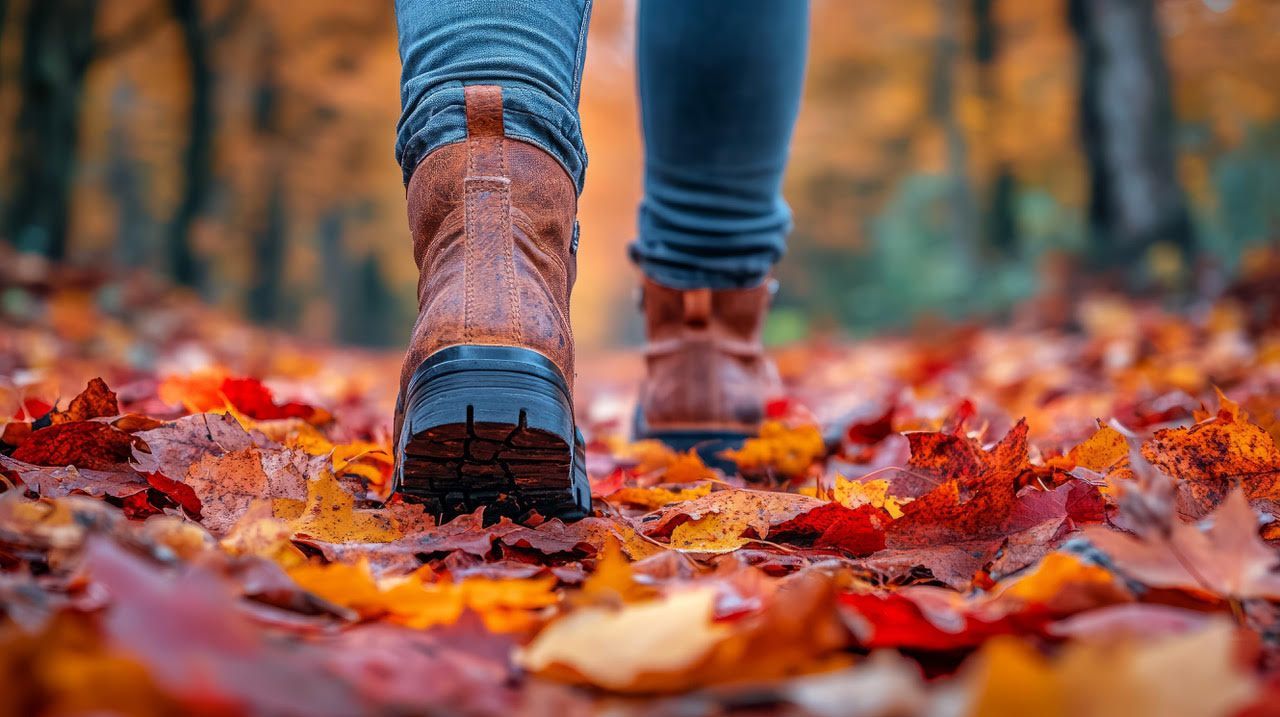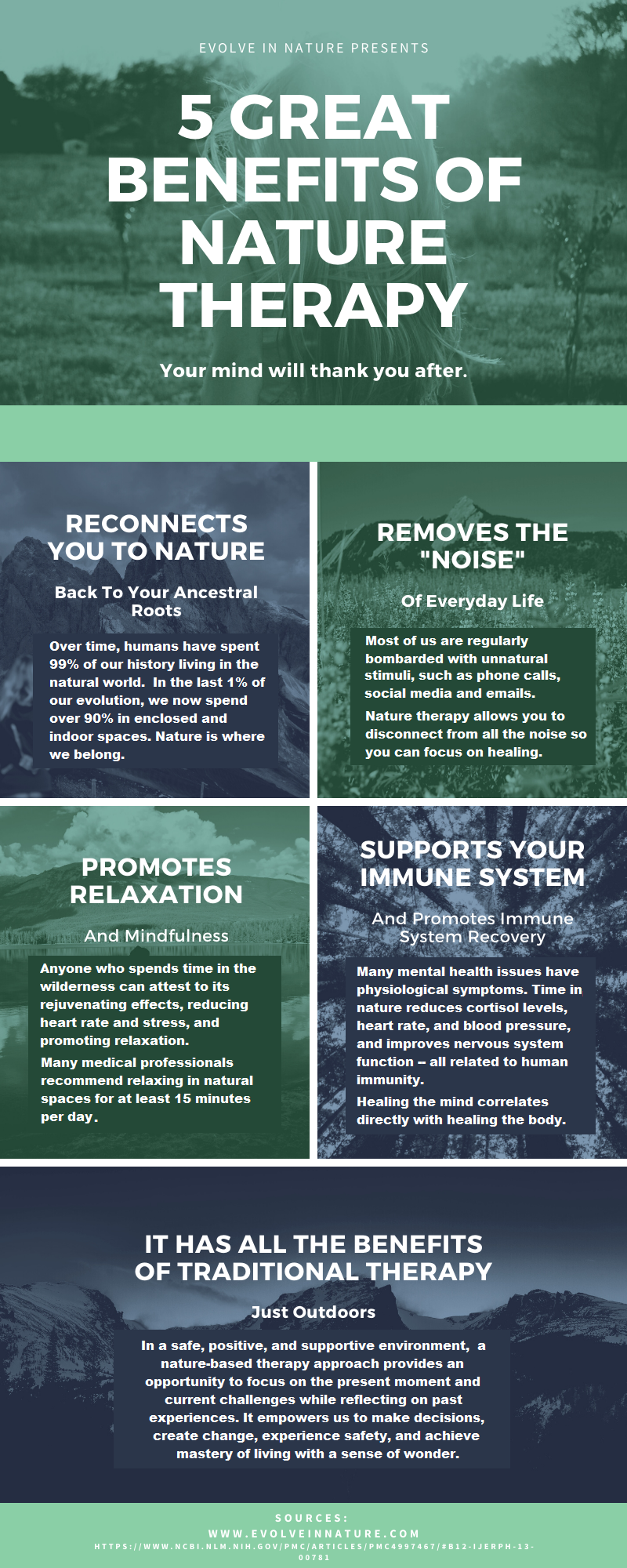Doctor’s Prescription: “Go Outside!”

Spending Time Outdoors Benefits
All Aspects of Human Health
Want to improve your mental, emotional and physical health? Take it outside.
In today’s relentless, techno-driven world, anxiety, stress, and burnout have become commonplace. However, one of the most accessible, effective, and low-cost therapies for overall wellness is right outside our doors.
Nature’s Remedy
“Nature’s therapy” (also known as ecotherapy or green therapy) is being promoted by an increasing number of healthcare providers, as scores of scientific studies confirm the health benefits of being outdoors. Evidence-based research suggests that even brief interactions with nature reduce stress, elevate mood, and enhance physical well-being.
A 2015 Stanford University study published in Proceedings of the National Academy of Sciences concluded that natural environments have directly affect brain function. Research participants who walked for 90 minutes in a natural setting showed decreased activity in the prefrontal cortex—the brain area associated with negative thoughts, anxiety and depression.
Further research from the University of Exeter Medical School found participants who spent at least two hours per week in nature were significantly healthier than those who did not.
Prescribing Nature
Other studies have confirmed the physiological benefits of spending time in both green spaces and “blue spaces” (aquatic environments such as lakes, rivers and oceans), specifically:

Digging in the Dirt
Direct exposure to diverse soil microbes has been proven to enhance both physical and mental wellbeing.
With more than a billion bacterial cells, fungi and viruses per gram, soil is a microbial heaven that significantly benefits our immune systems.
In addition, one particular soil bacterium – Mycobacterium vaccae – actually increases the circulation of serotonin (the feel-good hormone) in our brains. In other words, this microbe affects mental health much like an antidepressant, but without any negative side effects.
Source: Neuroscience
- Lowering of cortisol levels and blood pressure
- Regulation of melatonin and serotonin levels due to exposure to natural light
- Improvement in heart rate variability, indicating a balance between the sympathetic and parasympathetic nervous systems
- Reduction of activity in the brain area responsible for fear and stress response
- Improvement in chronic conditions, such as hypertension, diabetes and obesity
- Reduction in symptoms for cancer patients and mitigation of the negative consequences of treatment
- Enhanced cognition and memory
- Increased levels of blood oxygen and natural killer cell activity
- Reduction in cardiovascular disease
- Strengthened immune function
As a result, a growing number of physicians are now writing “nature prescriptions” as part of their treatment plans, often in collaboration with park and public land agencies.
ParkRx and Park Rx America (PRA) are two initiatives driven by medical professionals seeking to improve their patients’ health by connecting them to nature. Doctors affiliated with these programs work together with local parks to integrate nature-based interventions. (Click here for instructions on writing a nature prescription.)
Wilderness Therapy is another organization that matches licensed clinicians and their patients with structured outdoor activities. Designed for youth with psychological, emotional, behavioral, or substance abuse problems, wilderness therapy programs treat patients suffering from PTSD, ADHD and depression.
Getting Your Daily Dose
To receive optimal health benefits from nature, scientists recommend exposure to natural environments for at least two hours per week. To this end, every small, consistent interaction with the outdoors can make a significant difference in human health.
Here are some ideas to get you started this fall:
- Take a daily walk in a park, woodland, or even along a tree-lined street to enjoy the fall foliage.
- Now’s the time to plant spring bulbs. Tending to plants and digging in the soil nurtures mental health and boosts the immune system. (See sidebar, “Digging in the Dirt.”)
- Practice mindfulness or yoga outdoors to enhance relaxation and deepen your connection to nature.
--Article Continues Below--

- Disconnect from technology and immerse yourself in a natural setting on a camping overnight or weekend getaway.
- Engage in outdoor fall activities, such as apple picking, hayrides, fall festivals, or playing touch football.
- Visit a pumpkin patch or head to the farmers market for winter vegetables.
- Go birdwatching for migratory species.
- Before the cold weather sets in, enjoy picnics with family and friends in a natural setting.
- Observe the beauty of a sunrise or sunset, or practice stargazing to enhance personal reflection and gratitude.
Get Out!
Now that you know what to do, it’s time to get out there! The following award-winning video offers a little additional incentive:
Sources:
Featured Image: Adobe, License Granted
Proceedings of the National Academy of Sciences
Scientific Reports
The Epoch Times
American Psychological Association
Recent Posts











Share On: